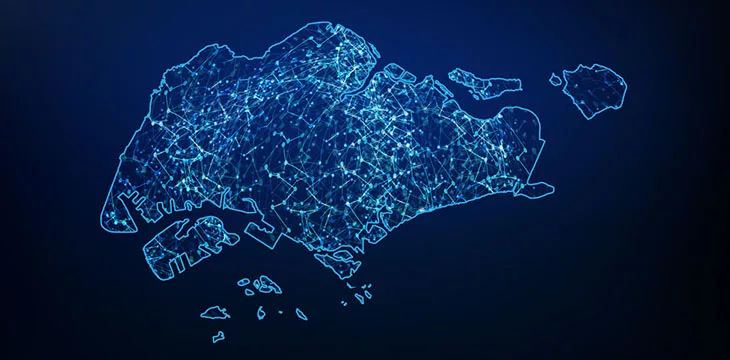|
Getting your Trinity Audio player ready...
|
Singapore has published a revised artificial intelligence (AI) strategy, revealing plans to triple its AI experts and become a major player in global developments.
Deputy Prime Minister Lawrence Wong unveiled National AI Strategy 2.0, detailing the government’s changing stance on the necessity of the emerging technology.
🤖 Singapore releases national #AI strategy 2.0, plans for 15,000 AI experts.
— TheWignus (@TheWignus) December 6, 2023
Singapore published the first iteration of the strategy in 2019, being among the first globally to recognize the disruption that AI would spark. It committed $373 million to AI research, which at the time was sizable as AI was still nascent and ChatGPT was three years away.
However, according to Wong, the pace of AI development has been more rapid than the Asian country anticipated, calling for a new strategy to maintain Singapore’s leadership in the space.
Speaking during the launch of the new strategy, Wong noted that in 2019, AI was a “good to have,” but now it’s a necessity. Additionally, the pace of AI development means it’s moving quickly beyond basic pattern recognition and becoming more capable.
“…in time to come, we will have AI systems with agency and with transactional abilities. We will have machines with human-like cognitive abilities and the capacity for self-awareness and independent decision-making,” he stated.
To stay ahead of the curve, Wong revealed that Singapore wants to triple the number of its AI experts to 15,000. This will involve training Singaporeans and hiring experts from other countries to build Singapore’s AI dream.
“These are our data, machine learning scientists, and engineers. They are the backbone of AI,” said the deputy premier.
15-action AI plan for Singapore
The pragmatic strategy identifies 15 actions across various industries the government will invest in to push the country to global AI domination. They include establishing AI Centers of Excellence across local companies to push for AI research and development.
Other actions include investing in the country’s AI startup ecosystem, pushing for enterprise AI adoption across all industries, and upskilling its workforce on AI. The government says it has started its AI training for local professionals, and it has placed 2,700 people “in good jobs.”
Part of the retraining will be to ensure that Singaporeans are equipped to work with AI and avoid losing their jobs to AI-led automation. Earlier this year, American bank Goldman Sachs (NASDAQ: GS) estimated that 300 million jobs will be wiped out or degraded by AI—although this has been challenged.
“We don’t think this will mean a jobless future. But it does require significant changes in job roles and more training for humans to harness AI effectively,” Wong observed.
While the U.S., China, and Europe have grabbed all the headlines in the AI space, Singapore has become a major player. The country is home to over 1,100 startups involved in some way with AI, according to government data. It’s also home to the Asian headquarters of global AI giants, including Microsoft (NASDAQ: MSFT) and Google (NASDAQ: GOOGL).
Nvidia (NASDAQ: NVDA), the company on whose chips AI depends, has been one of the global giants investing heavily in Singapore’s AI ambitions. On Wednesday, CEO Jensen Huang revealed that the company plans to invest millions of dollars in a second AI supercomputer in the country.
In its Q3 earnings report, Nvidia disclosed that it had generated $2.7 billion in revenue from Singapore, making it the company’s fourth-largest market after the U.S., China, and Taiwan.
In order for artificial intelligence (AI) to work right within the law and thrive in the face of growing challenges, it needs to integrate an enterprise blockchain system that ensures data input quality and ownership—allowing it to keep data safe while also guaranteeing the immutability of data. Check out CoinGeek’s coverage on this emerging tech to learn more why Enterprise blockchain will be the backbone of AI.
Watch: AI & blockchain will be extremely important—here’s why

 06-30-2025
06-30-2025 





